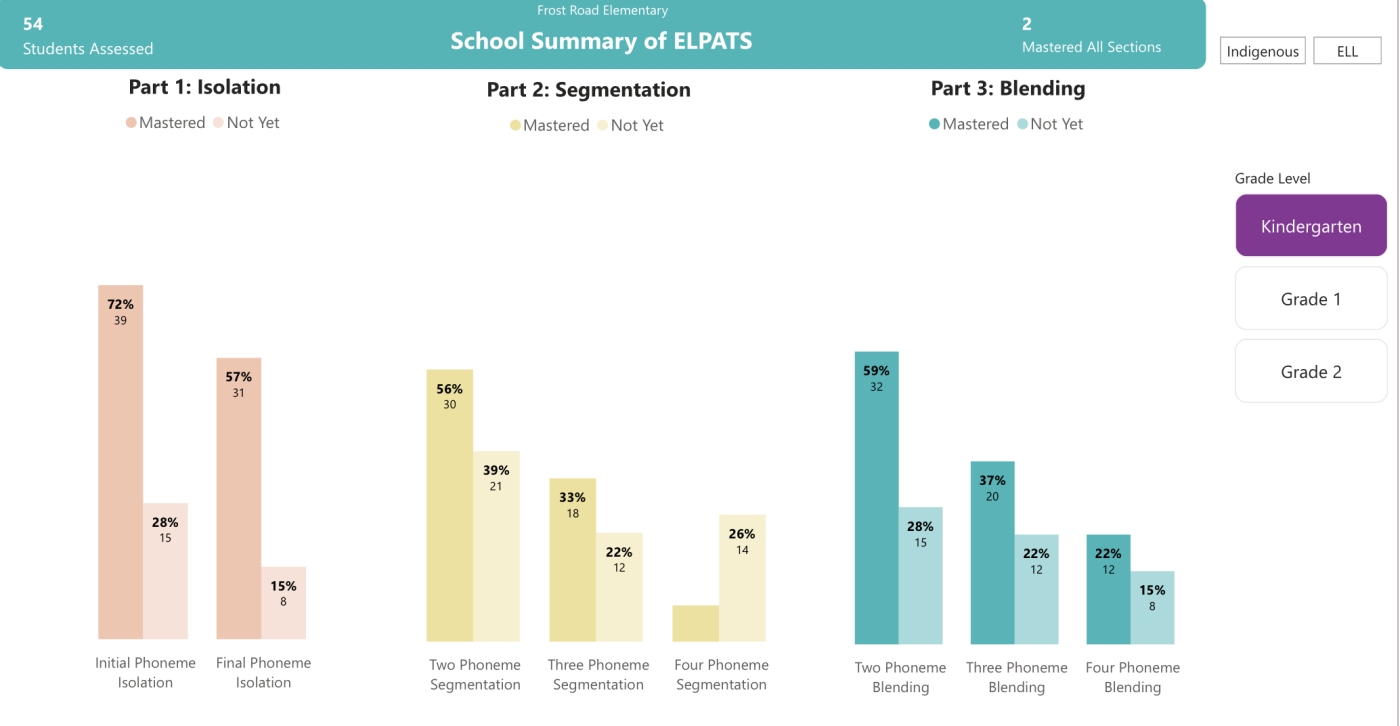Ecole Frost Road 24-25
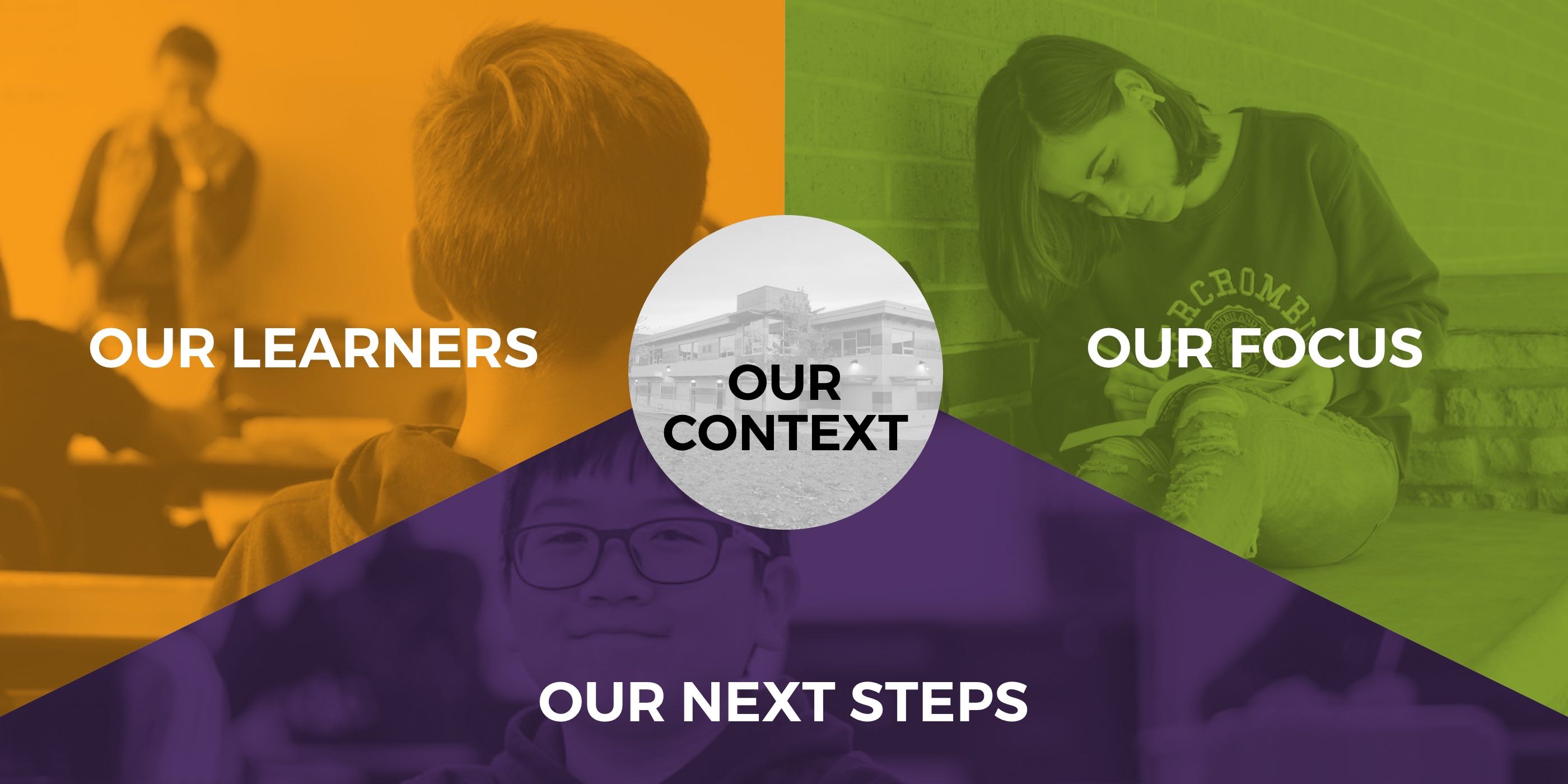

OUR CONTEXT
We are the Wolves! Our school is a wonderful place to be! We enjoy being together, building a positive and inclusive community. We love playing and learning together. We love being physically active and getting outdoors. We connect through the arts, conversations, and technology. We prioritize hands-on and play-based learning. We embrace and celebrate our diversity.
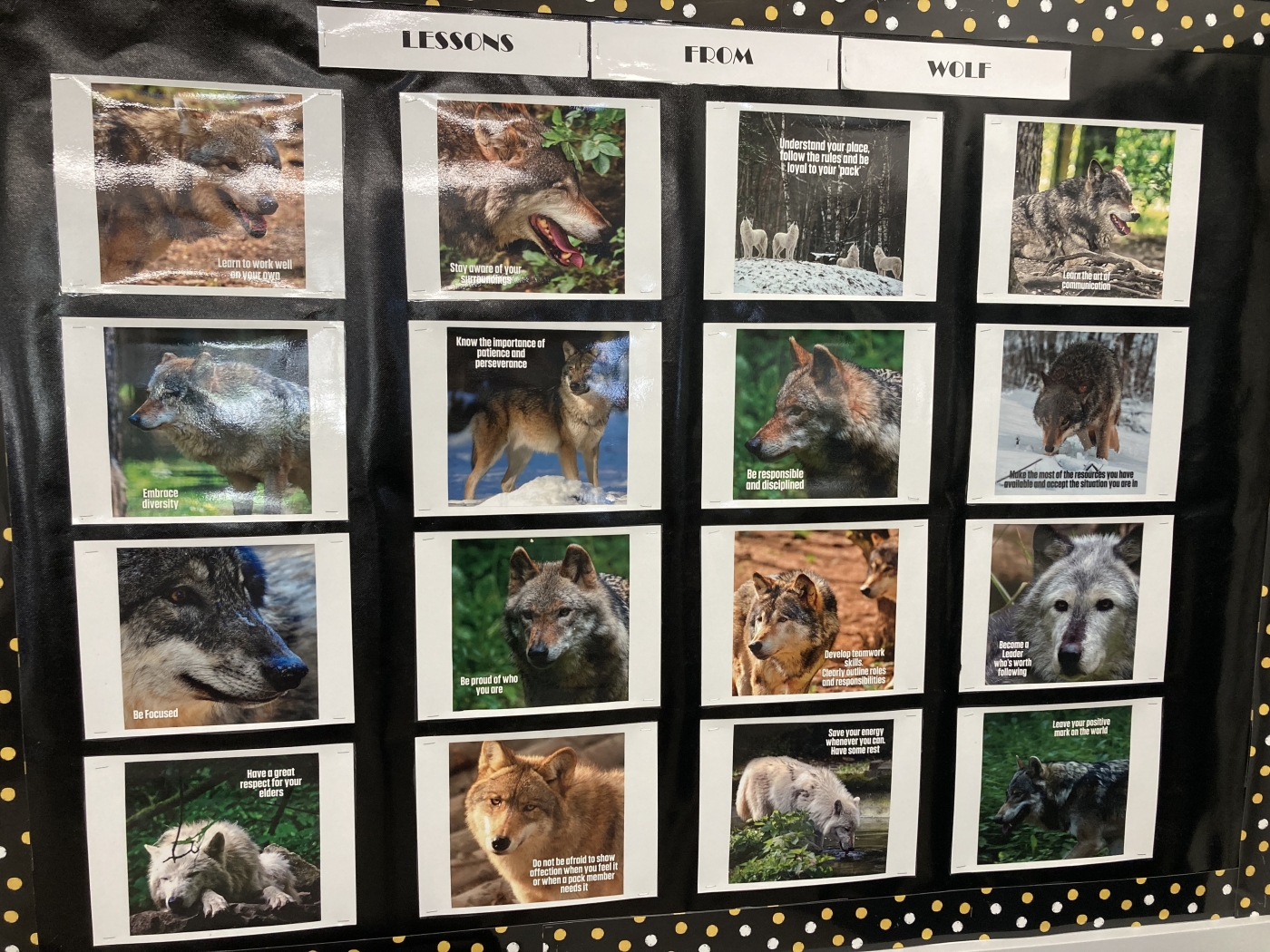
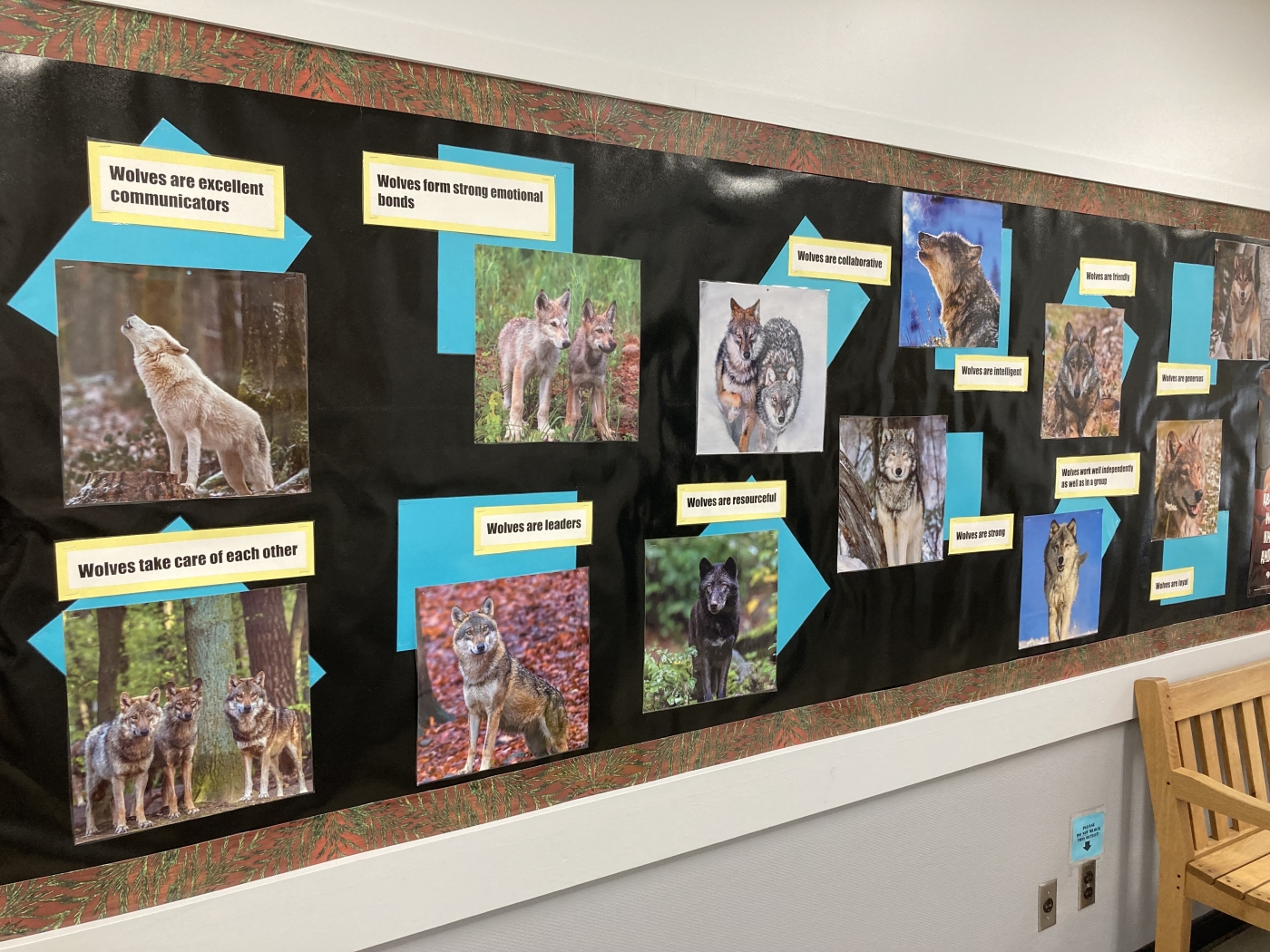
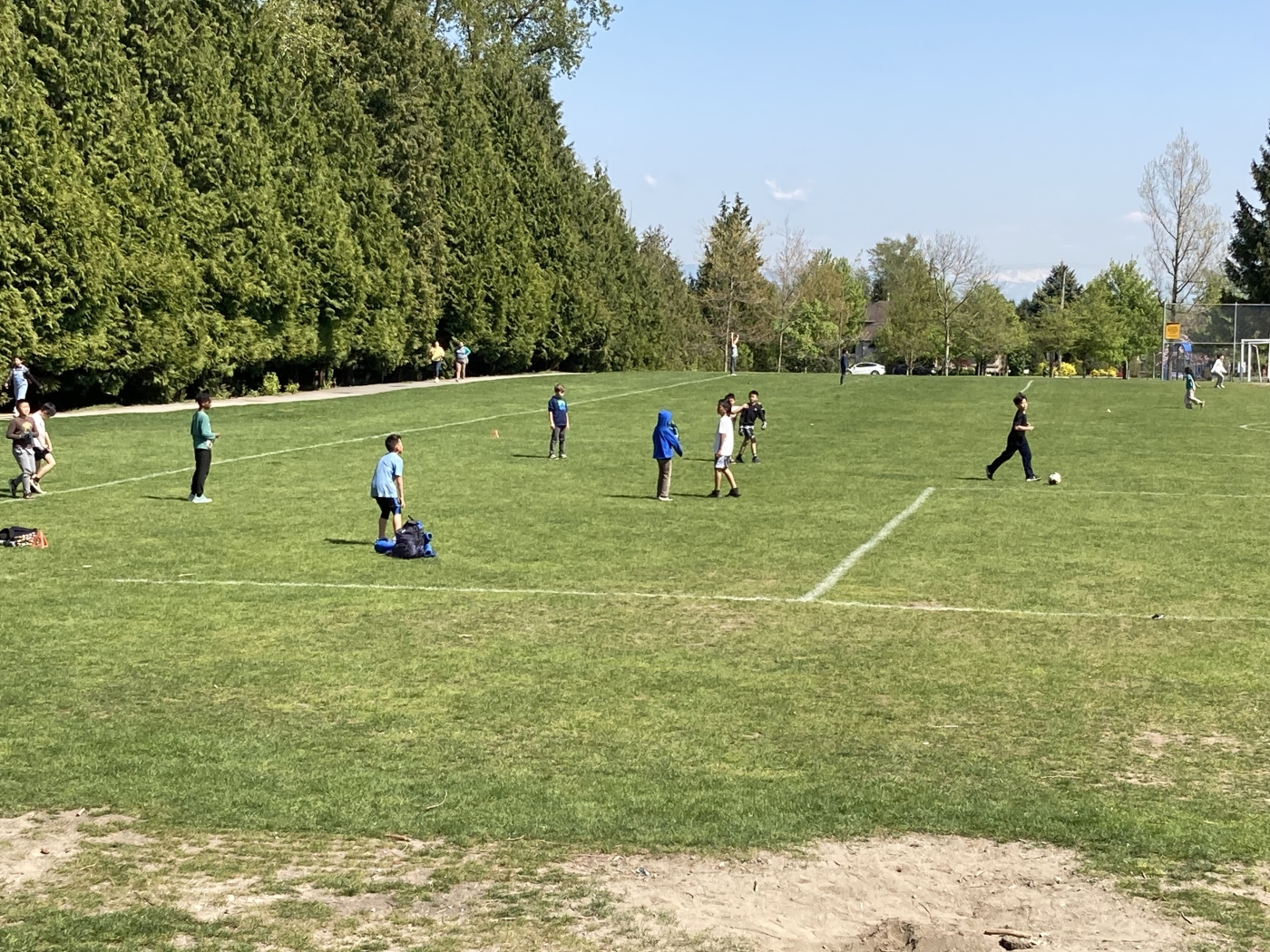
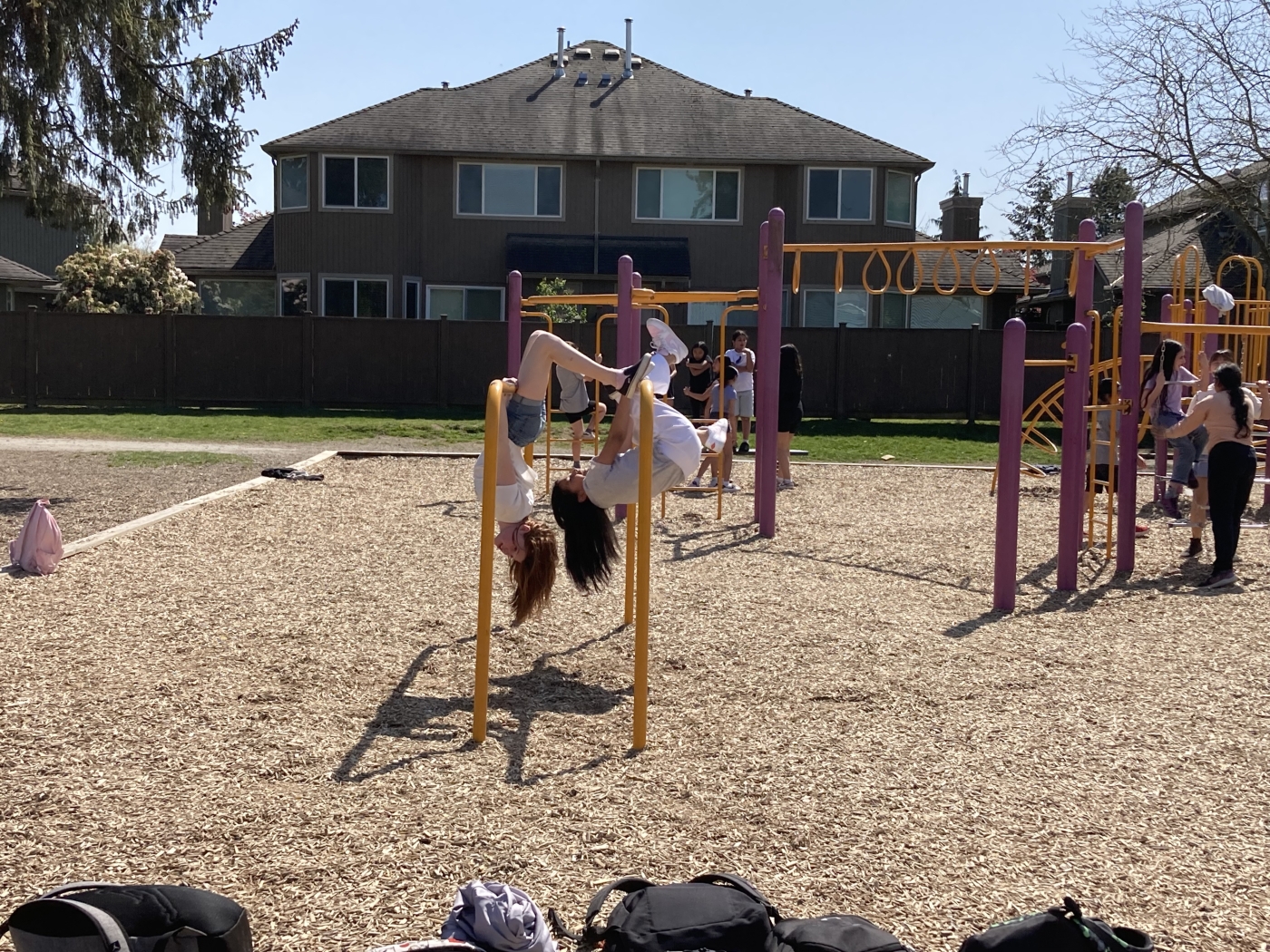
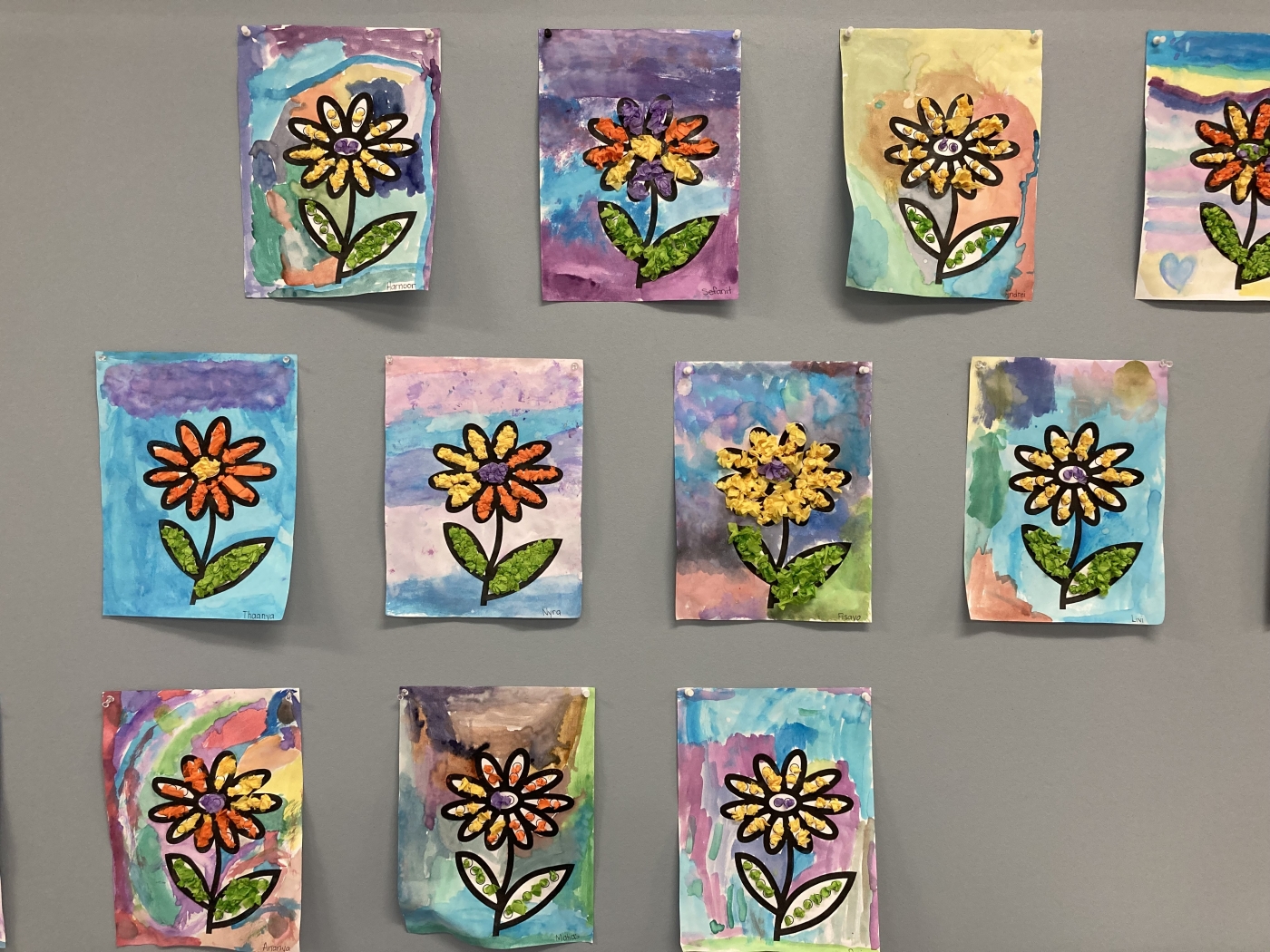
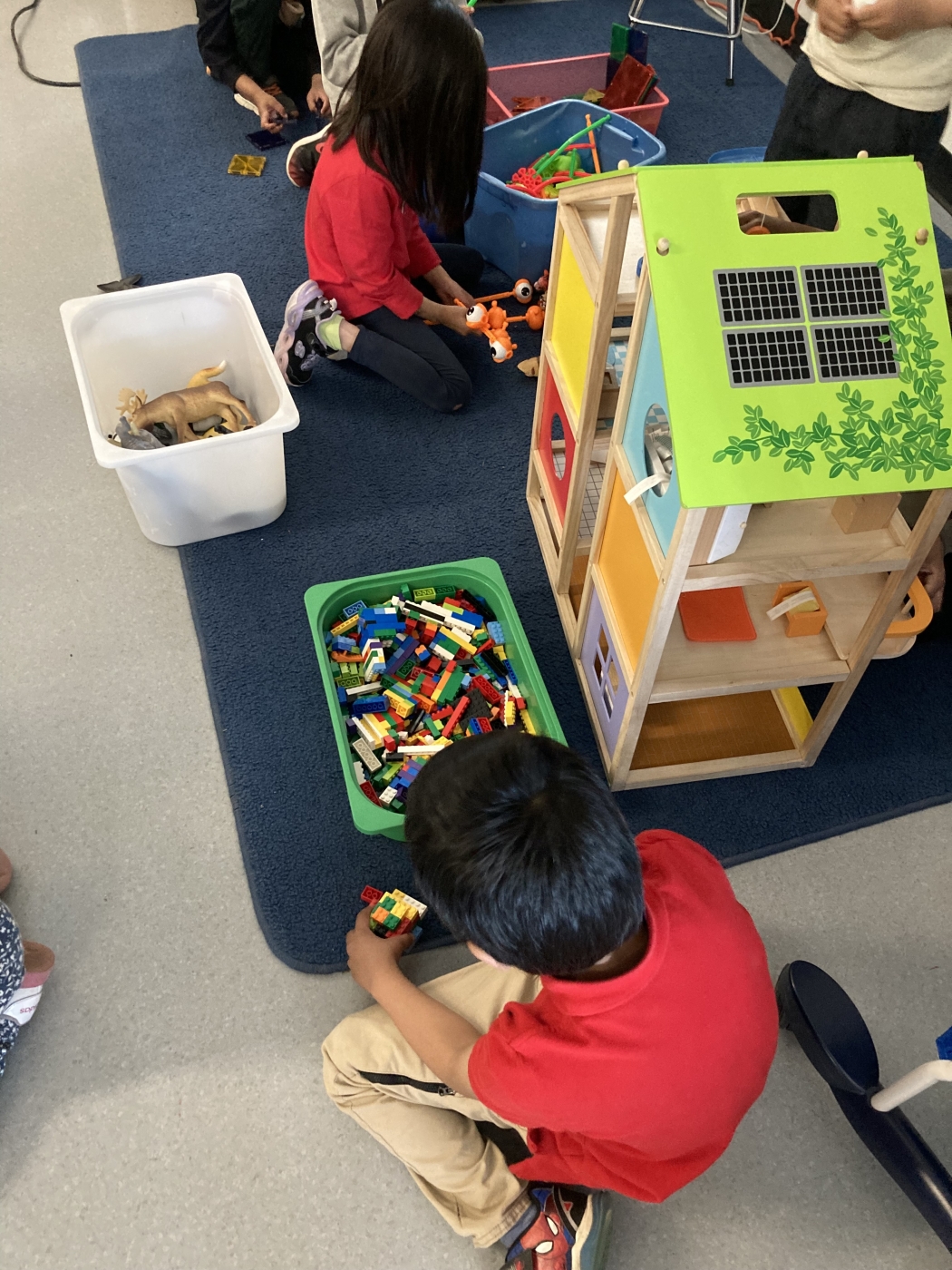
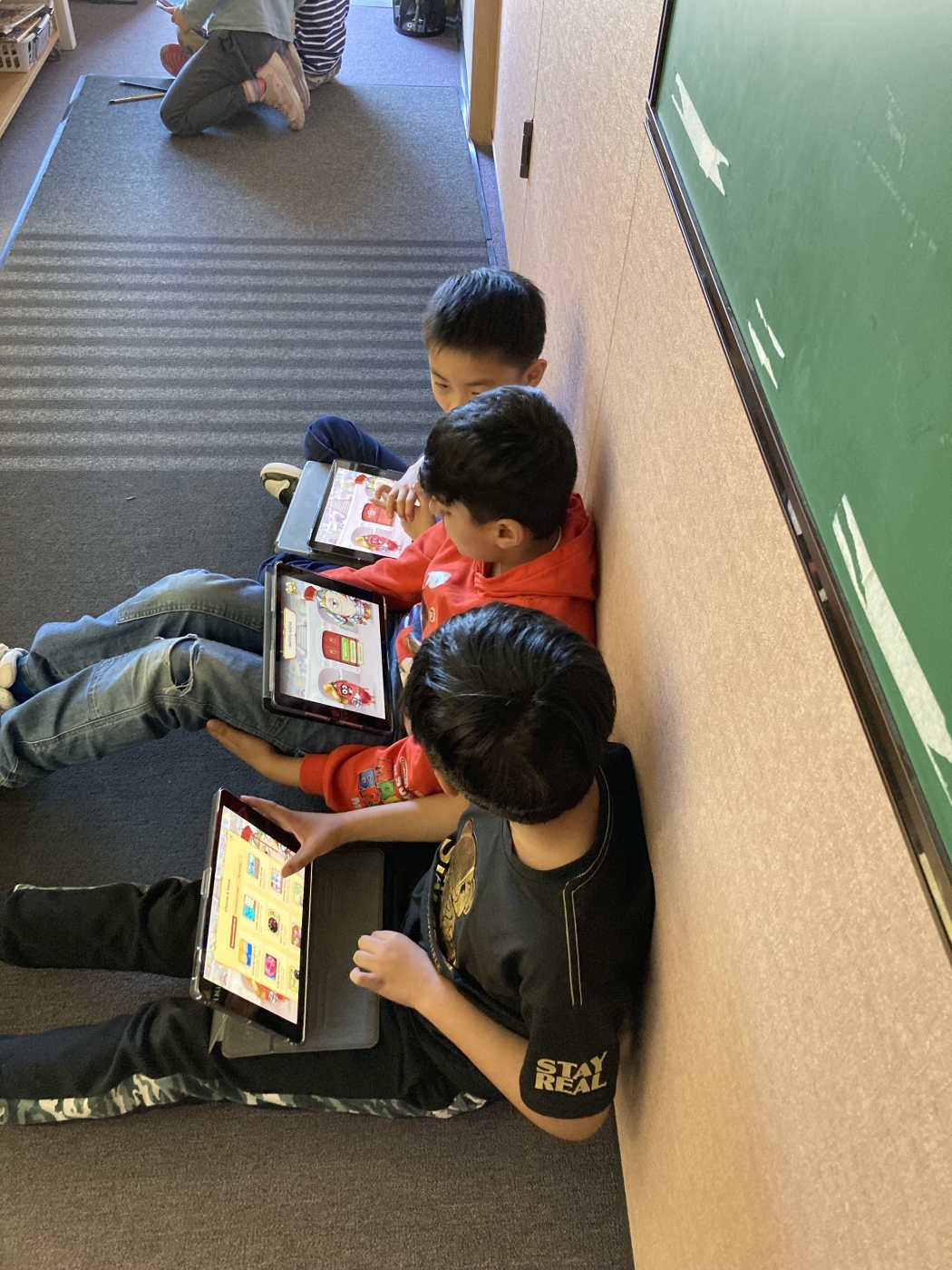
OUR LEARNERS
Our learners bring a wide range of language, culture, experiences, and background knowledge to share with their school community. About 65% of our students speak a language other than English at home and they bring a wonderful linguistic variety and valuable language skills with them to school. Our learners love language, particularly sharing their ideas with one another, listening to and creating stories and music, engaging in play, showing off what they know, and celebrating their accomplishments. Our learners work hard to develop new language skills; expand their vocabulary, make connections between oral and written language, build confidence in literacy, and understand the importance of reading and the joys that come along with it. Students enjoy being surrounded by language and by being given opportunities to develop literacy skills in so many different ways each day.
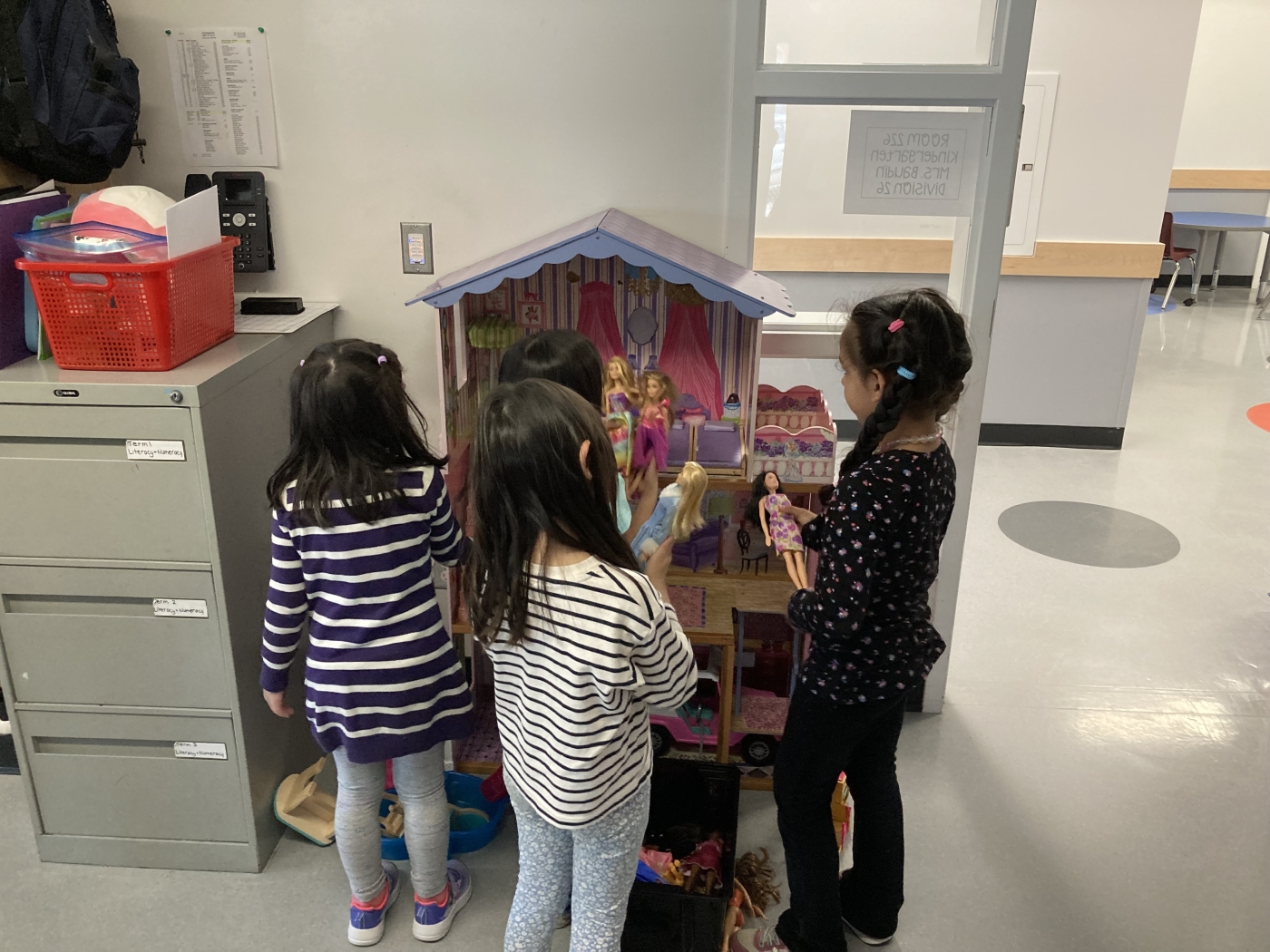
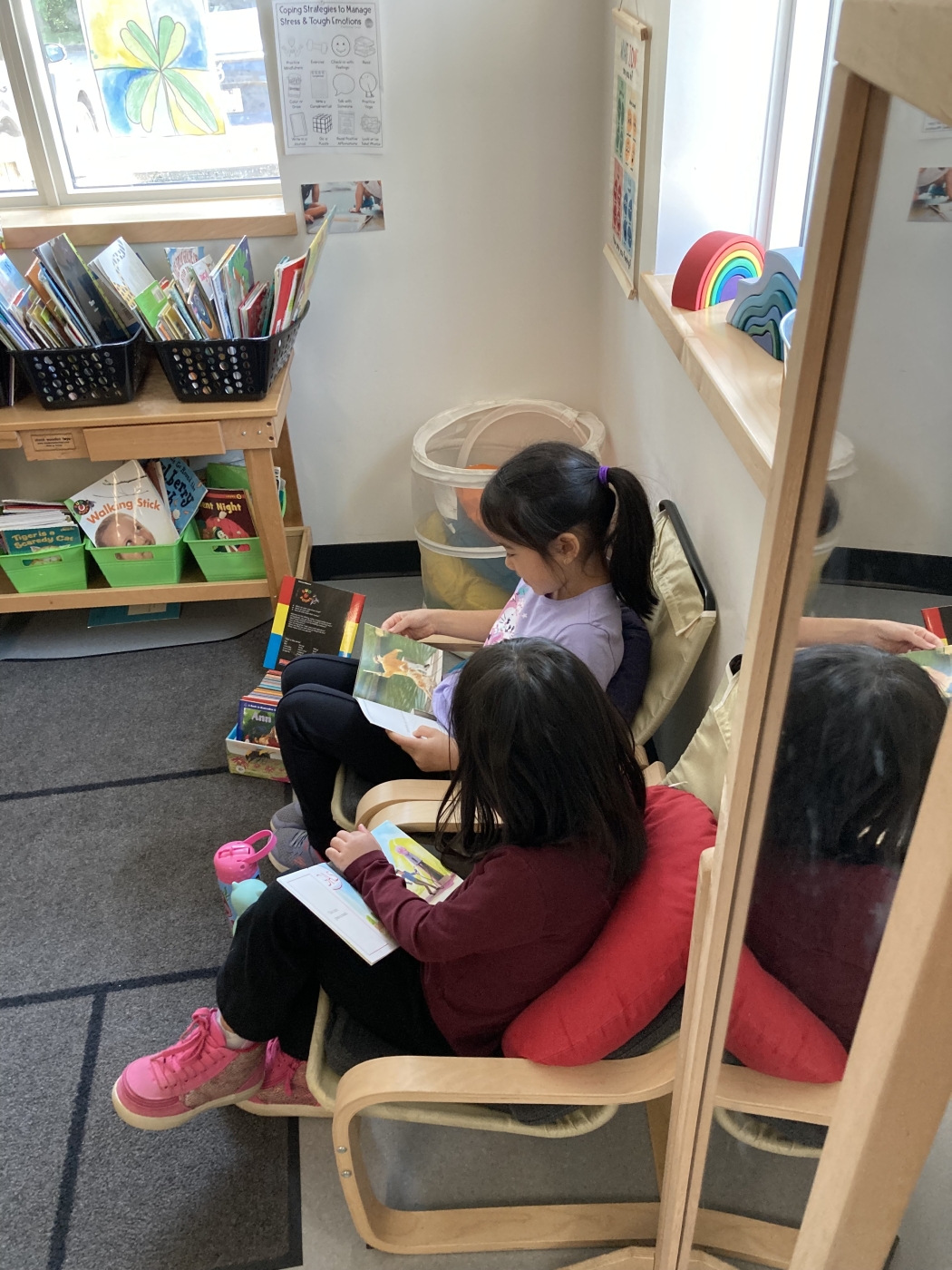
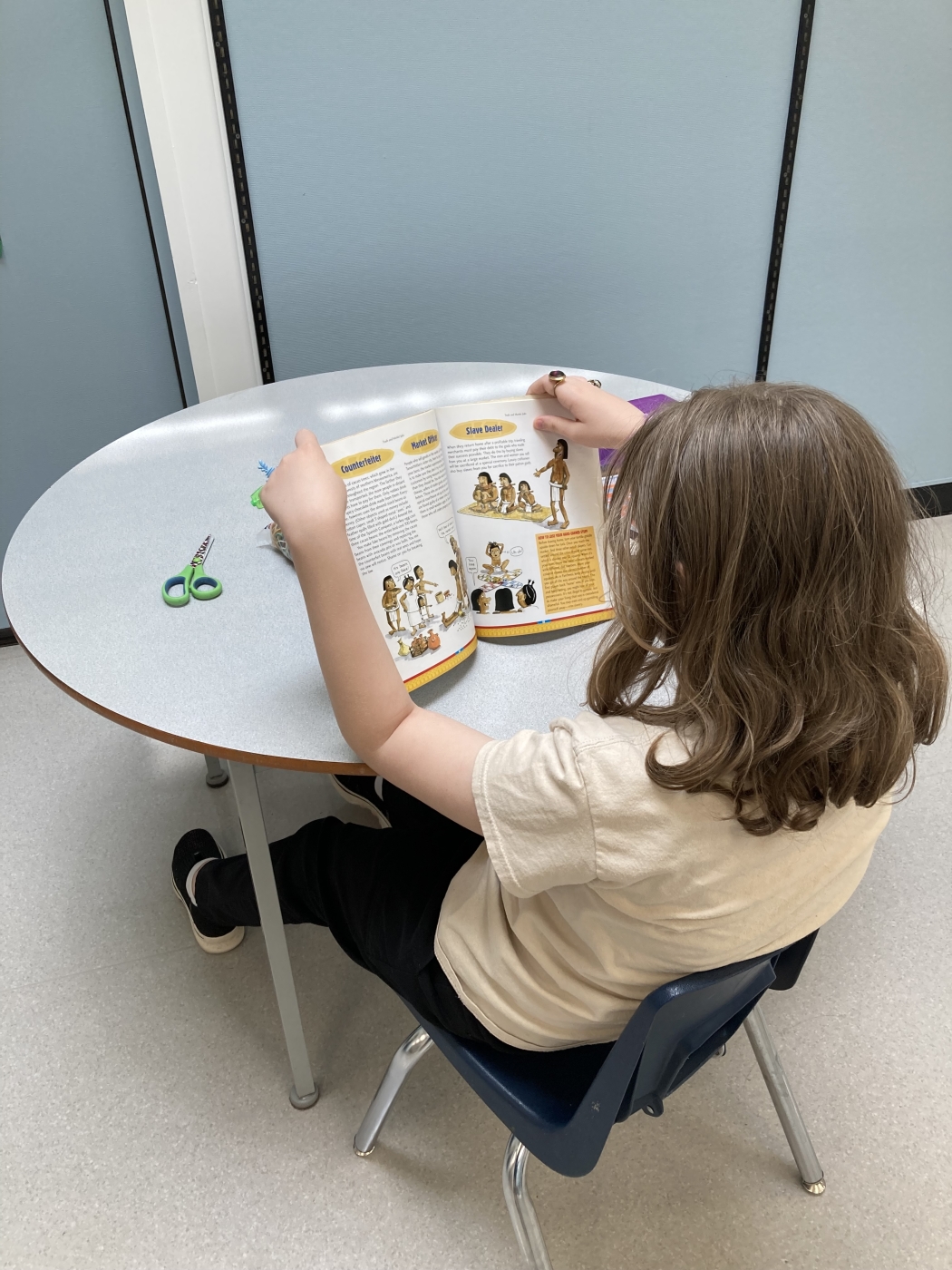
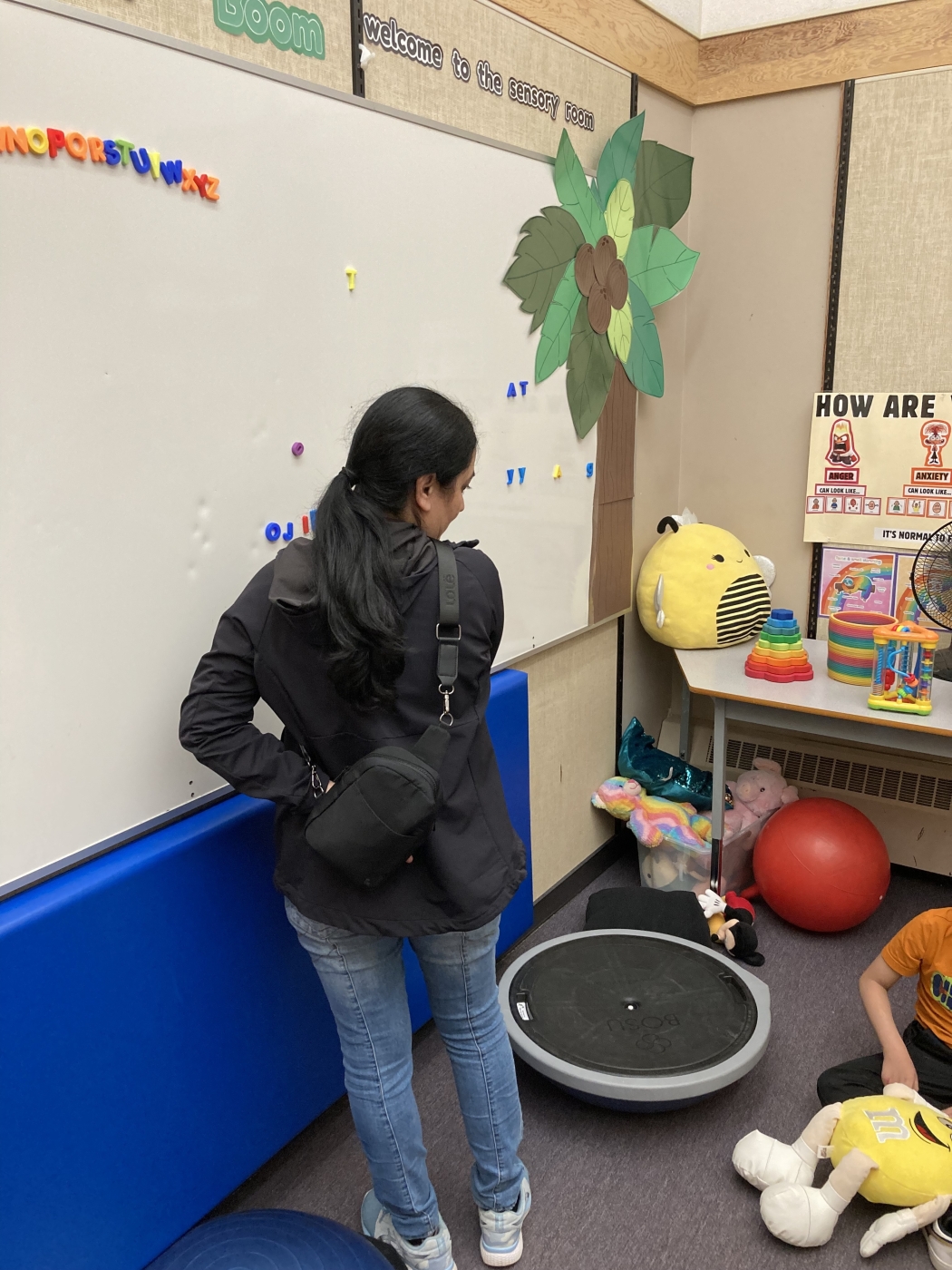
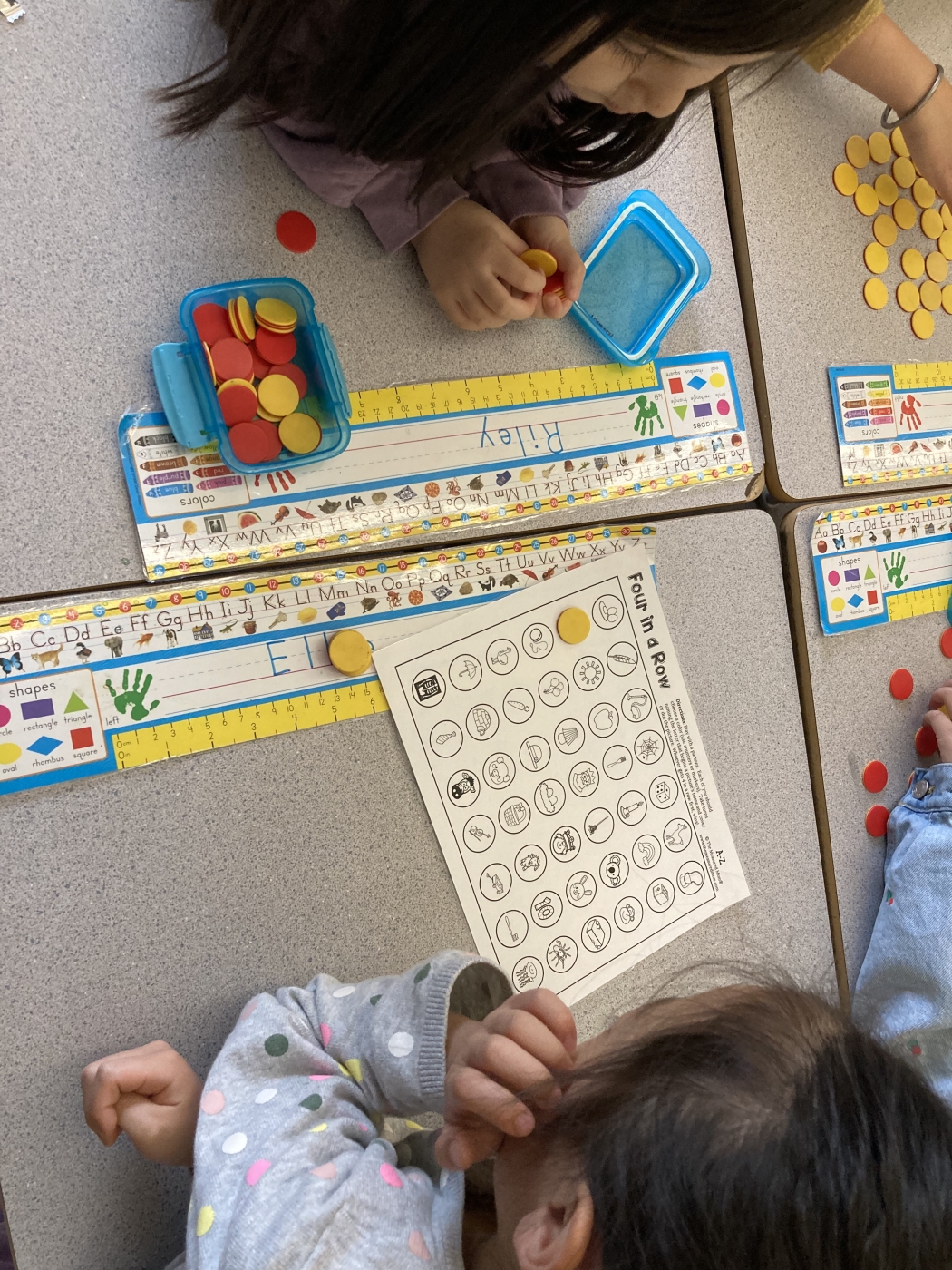
OUR FOCUS
Each and every day, among the variety of learning experiences presented to our primary learners and English Language Learners, our team of educators focus on thinking, reading, writing, and communicating in all curricular areas. Our aim is to build strong literacy foundations that are fundamental for students’ participation in today’s world.
Our students’ learning goal is reading fluently at grade level, using developmentally appropriate reading strategies to make meaning. More specifically, we are focusing on the following ‘Science of Reading’ fundamentals in particular to help students attain the goal of reading at grade level:
- recognizing and naming letters of the alphabet, recognizing letter-sound matches, and recognizing familiar words
- developing phonemic and phonological awareness
- recognizing word patterns and word families
- understanding the relationship between reading, writing, and oral language
All teachers, across all grades, provide students with learning opportunities aimed at increasing the literacy success rates of our learners. In all areas of learning, students read. They read about art, music, sports, culture, history, geography, life science, and so much more. We have been focusing on taking a more strategic, step by step approach to learning to read using "science of reading" foundations which focus on phonics and on using consistent programming and strategies across all primary classrooms as well as with older students who are new to the English language.
We strive for all students to develop their literacy skills and become confident readers. We have been focusing on the science of reading, learning more about how students learn to read, scaffolding activities to support early literacy skills, and providing a wide range of literacy activities to try to meet the needs of all our learners in their pursuit to become the best readers they can be.
Curricular Competency - students can read fluently at grade level, using developmentally appropriate reading strategies to make meaning
-daily practice with phonics, phonemes, rhyming, and what our mouth looks like and feels like when it makes different sounds
-students practice letters and sounds and how they come together to make words both orally and in written form
-using knowledge of language patterns and phonics to decode words, developing an awareness of roots, affixes and suffixes, identifying familiar and sight words, self-correcting errors consistently using meaning, structure, and visual cues
-students have opportunities for individual, small group, and class-wide literacy skills on a daily basis, including hands-on and play-based activities
-the video below show an example of a primary classroom taking part in one of their daily phonics lessons
-the photos show students doing activities to practice early literacy skills
https://vimeo.com/1082953796/fc1d4b6f64?ts=0&share=copy
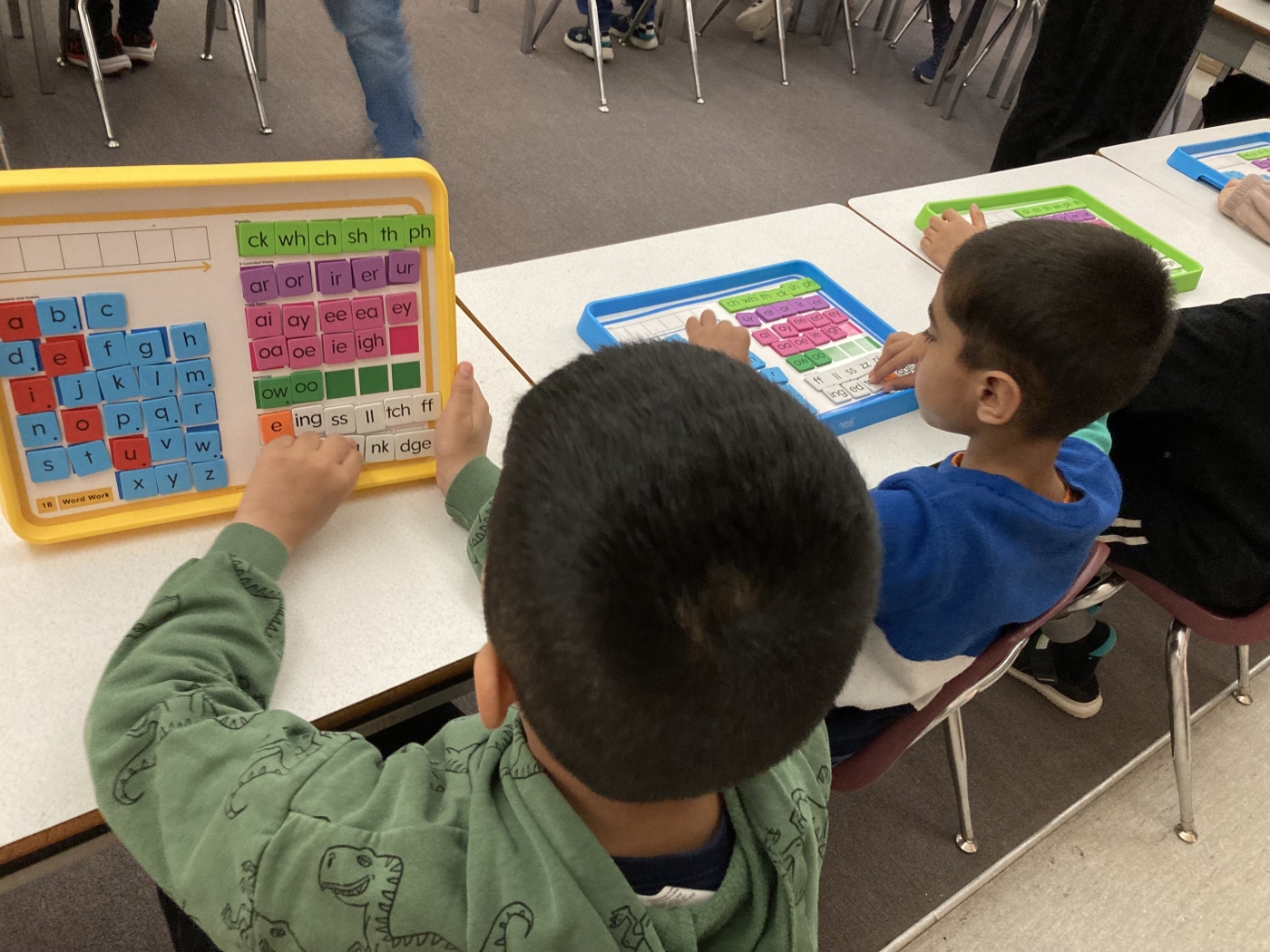
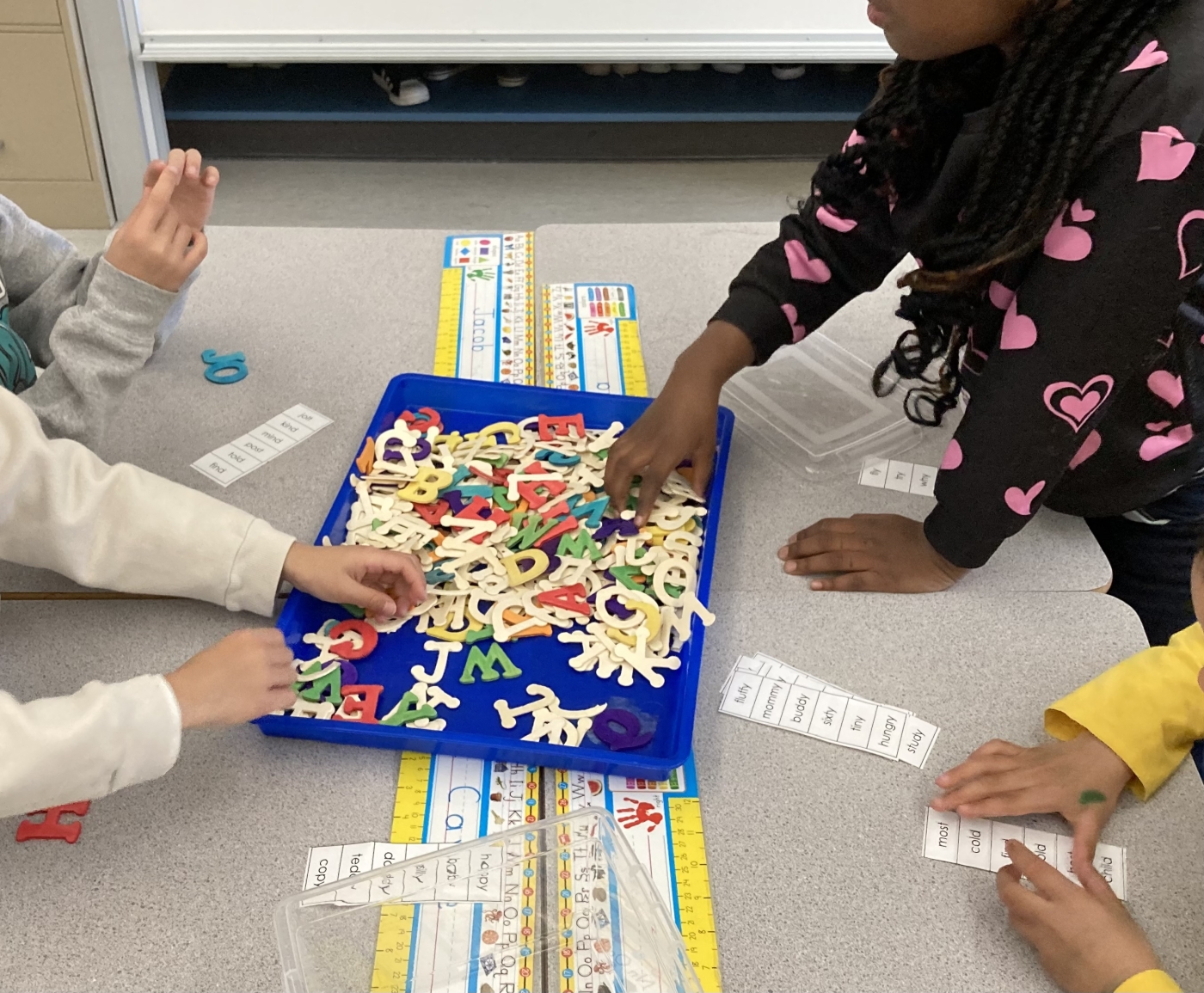
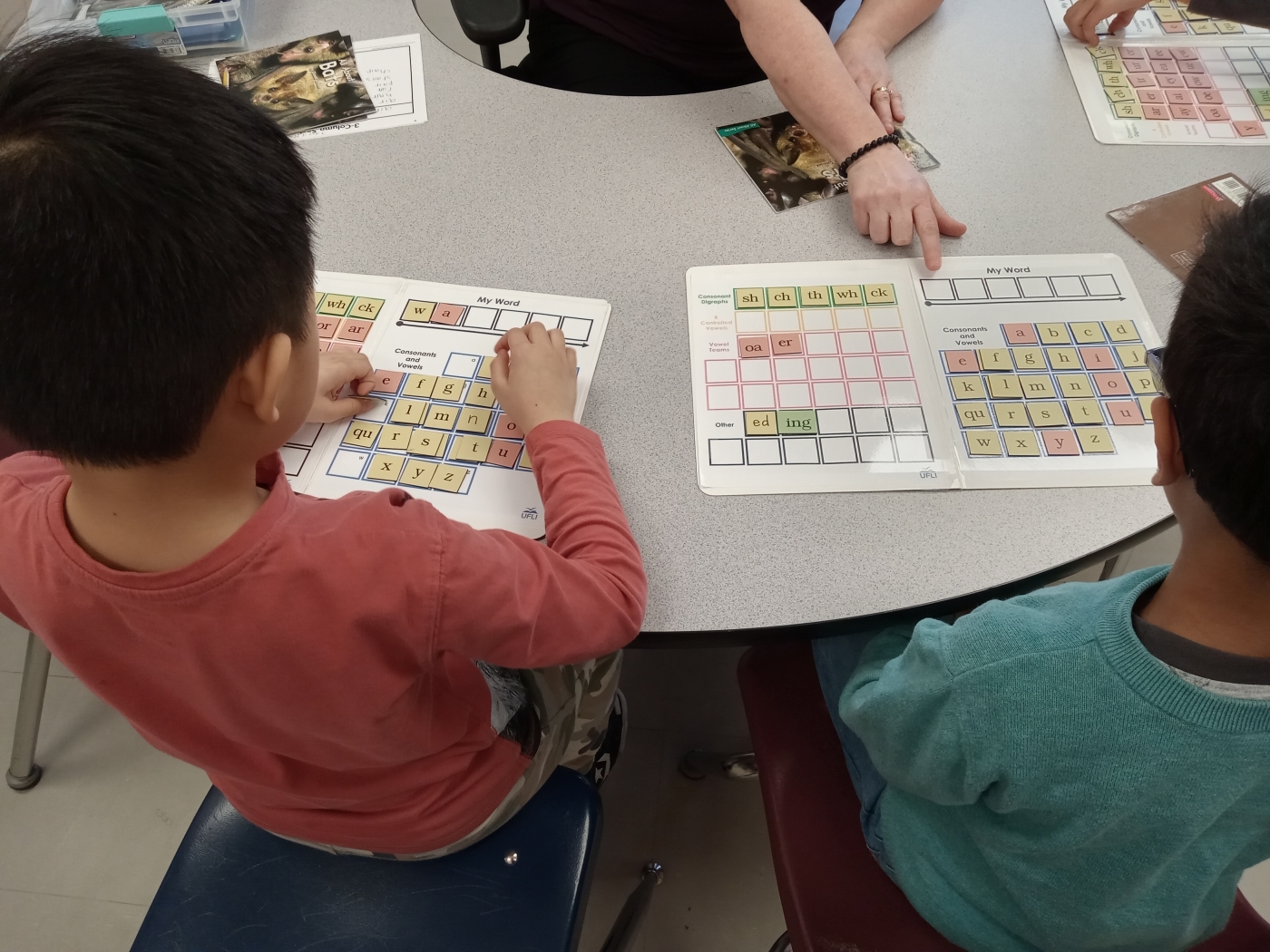
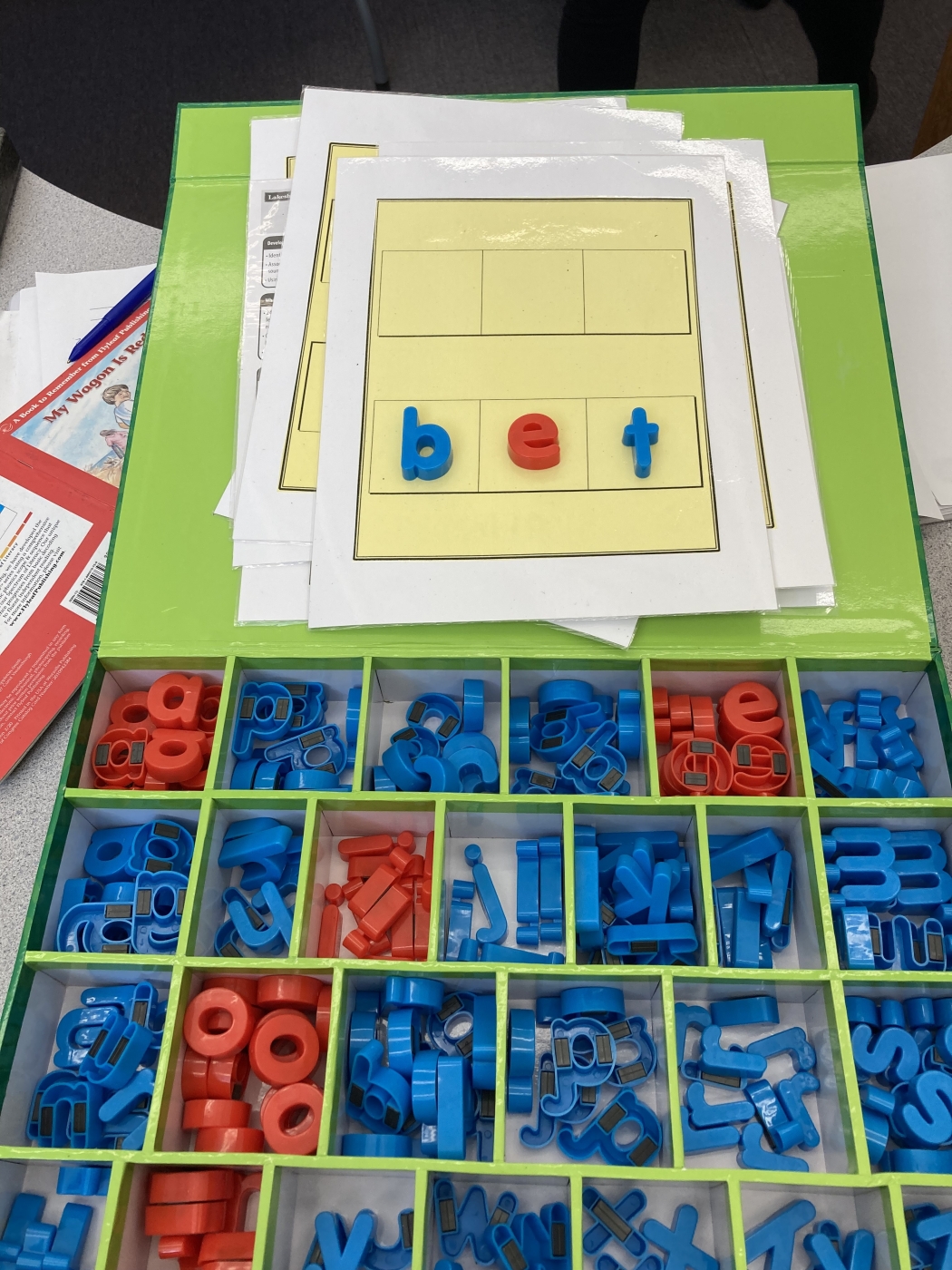
We originally began with a cohort of some grade 2 students back in February of 2023. We looked at their proficiency with alphabetic, reading and decoding skills. At that time, it was apparent that students were needing further support with their early literacy skills, particularly phonics and decoding.
Since that time, students have been practicing literacy activities targeting these skills on a daily basis across all primary classrooms. In May of 2024, 65% of our cohort, who were then at the end of grade 3, fell within the minimum level of proficiency for their overall literacy skills at grade level, including both decoding and comprehension skills across all areas of the curriculum, as reported by classroom teachers.
In late October, 2024, that same cohort, now in Grade 4, participated in the Ministry of Education’s Foundational Skills Assessment.
72 Grade 4 students completed the FSA and for the literacy portions of the assessment:
-60 students were on track or extending in literacy
Thus, of the students who took the assessment, 83% were on track or extending in literacy.
OUR NEXT STEPS
Throughout the 2023-2024 and 2024-2025 school years, teachers and students in K-3 classrooms have been working on an explicit, consistent, systematic step-by-step phonics program on a daily basis, as well as spending extra time on phonics-based literacy stations, individual and small-group reinforcement activities, and intervention activities for extra support for those who need it, all to go along with an already rich, well-rounded literacy program.
We are using the newly created K-4 Foundational English Language Arts Learning Progressions document as well as the English Language Arts Proficiency Profile document as reference points when structuring our lessons and tracking student progress. Below are some images of those documents.
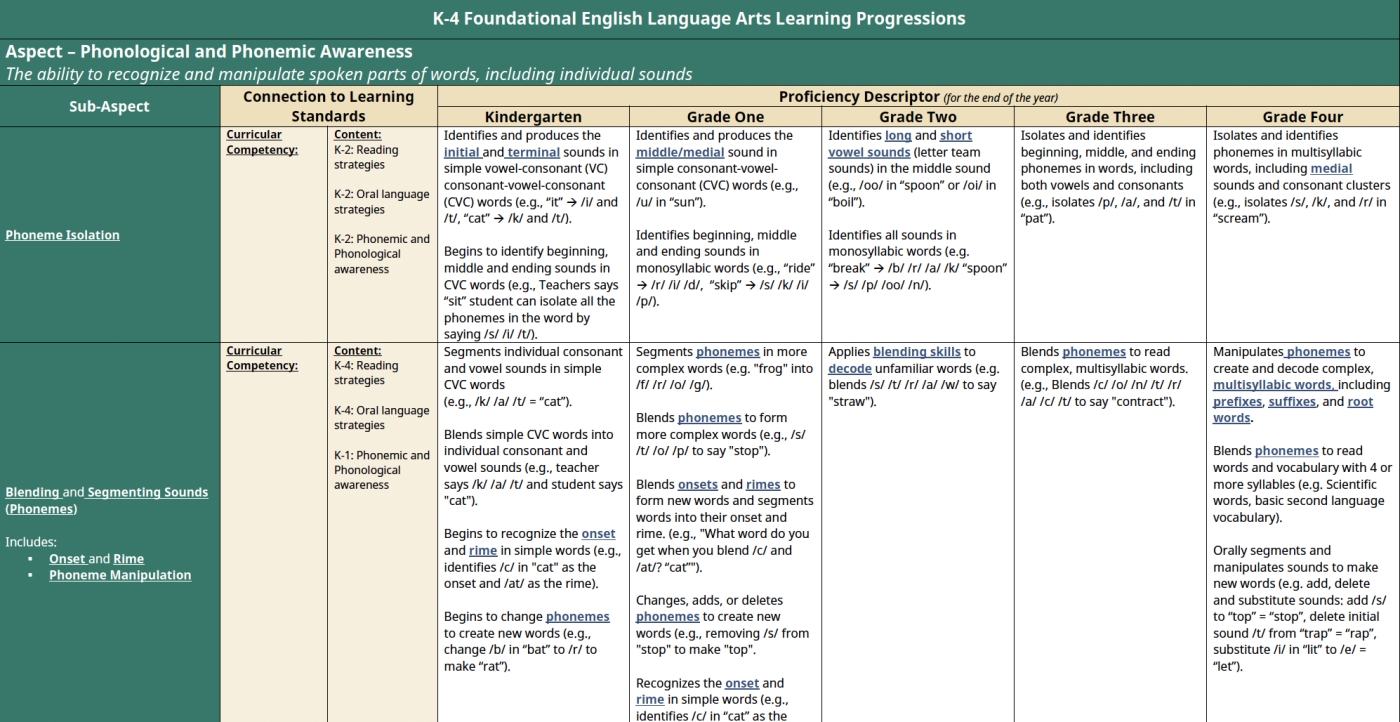
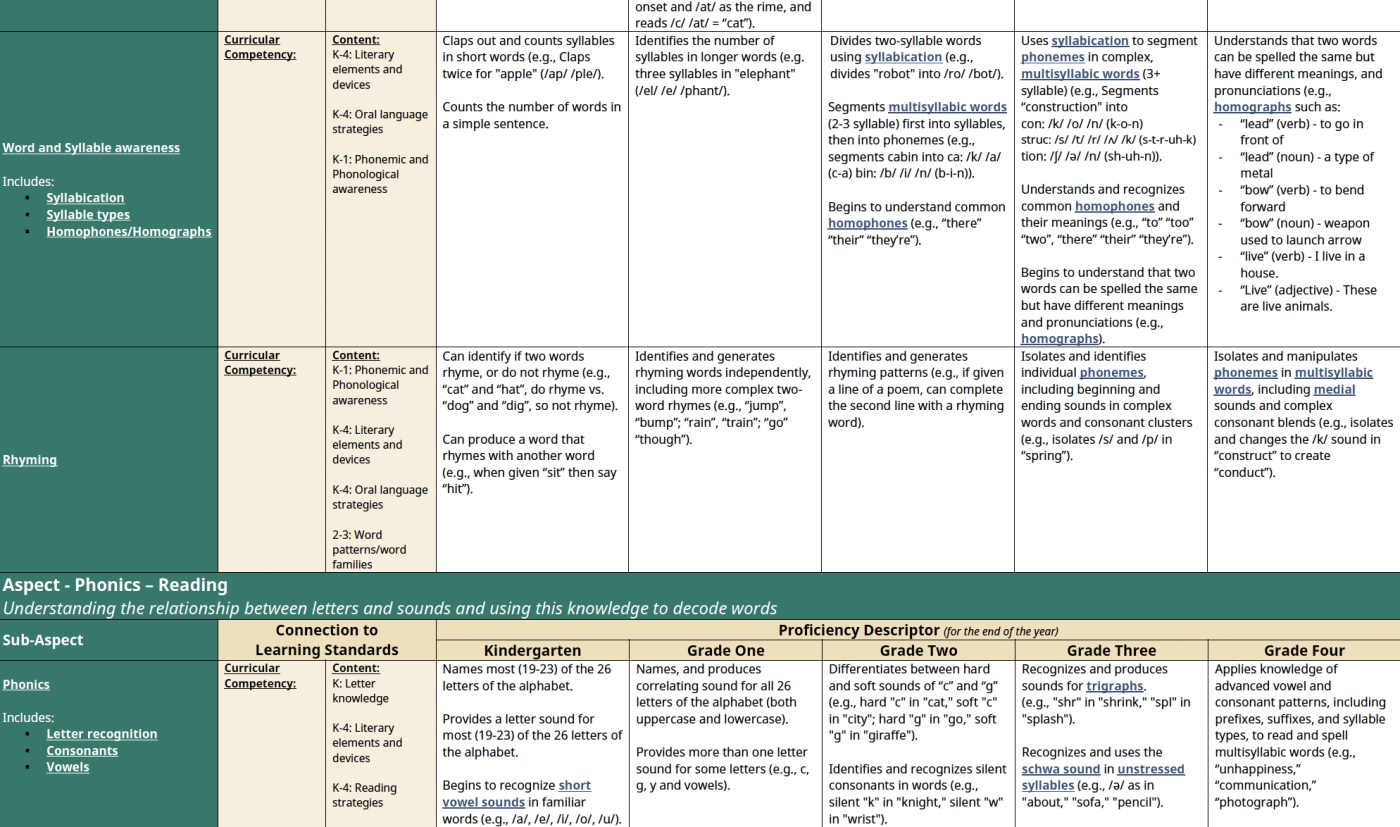
ELPATS (Early Literacy Phonemic Awareness Tool – Surrey) is performed twice annually for students K-2 – in January and again in May – to help track student progress. This helps identify students needing extra support and helps guide teachers in learning more about what areas to target further in their daily lessons.
Here are some ELPATS data from our Kindergarten students from February 2025. Our 2024-2025 Kindergartens will be our next cohort and we will follow them over the next few years and track their progress in literacy, continuing to follow our explicit daily teaching of phonics using a consistent step-by-step program. We are looking forward to seeing their growth and development as readers.
